Published
- 01:00 am
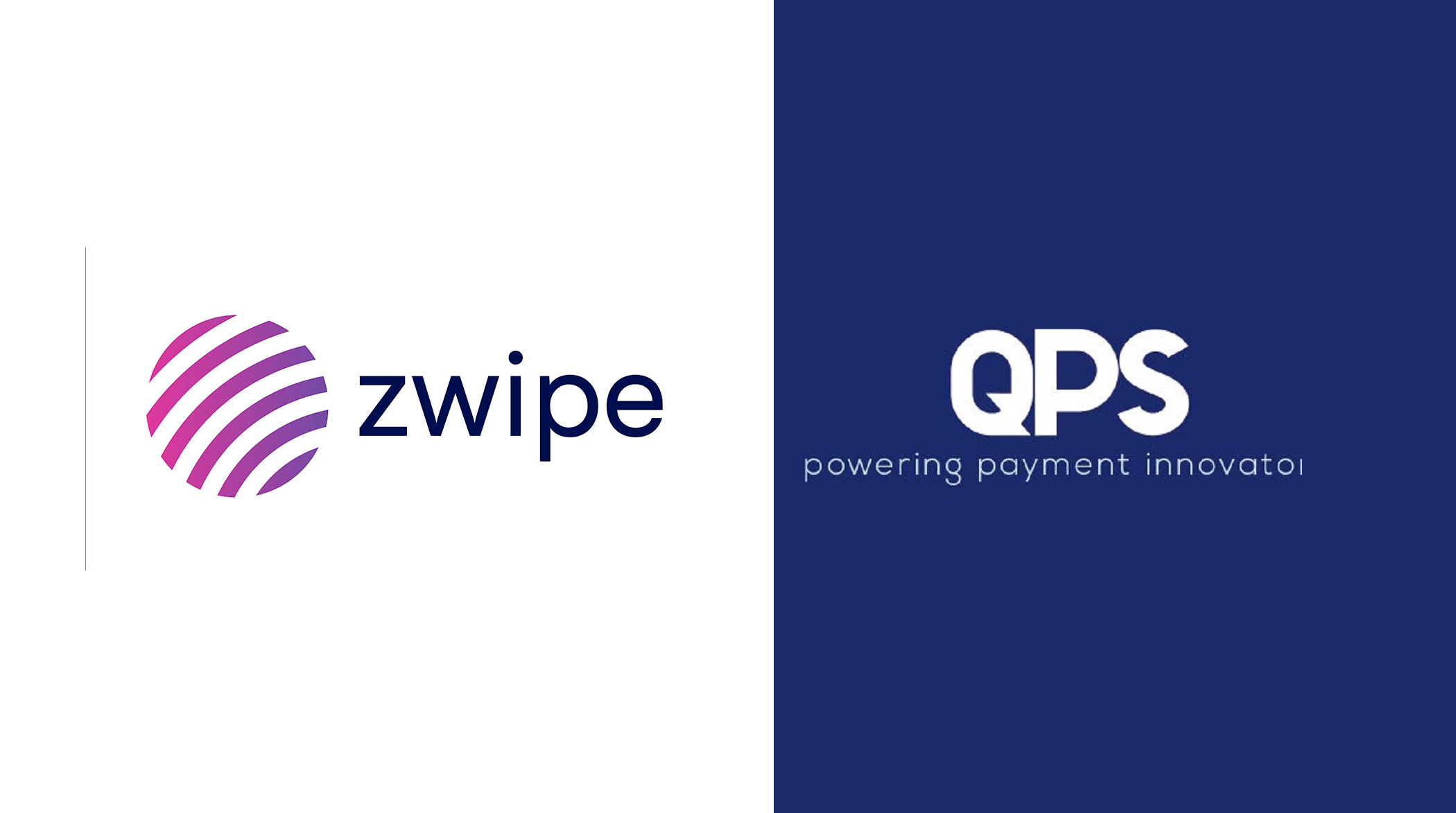
This partnership would enable a faster rollout of the next-generation payment cards
The collaboration has fast-tracked QPS’ expansion plans across the middle east
Zwipe and Que Processing Services (QPS) are joining forces to bring Zwipe Pay ONE biometric payment cards to banks in two key markets, Asia and the Middle East. This collaboration will facilitate a faster and smooth rollout of next-generation payment cards and address the fast-growing demand for safer and more secured payment solutions. This strategic collaboration is a part of a broader strategy of QPS to expand its reach across the key markets of the Middle East.
QPS provides a fully managed card issuance and processing platform services to various financial and non-financial institutions. The company powers modern payment experiences by offering wide-ranging physical and virtual cards with a highly innovative platform. QPS delivers innovative card programs in multiple countries including India, South Asia & Middle East.
Speaking on the collaboration, Vinay Kalantri, Founder & CEO of QPS said: “Across every industry, modern payment solutions are disrupting the status quo. Zwipe Pay ONE Biometric Payment Cards will uplift QPS’ payments portfolio and demonstrate our commitment to bringing breakthrough innovations to the banking sector. Zwipe is a globally recognized biometric fintech company and our collaboration will provide differentiation and meaningful commercial value to our bank customers.”
As part of this partnership, Zwipe will support QPS in the commercializing of next-generation payment cards duly backed by the certified regional card manufacturing partners delivering Zwipe Pay ONE-based biometric payment cards. “We are experiencing a growing interest in biometric payment cards and Zwipe. Partnering with well-known next-generation payment processors such as QPS will be instrumental in accelerating the deployment of the biometric payment cards to consumers and banks. As QPS is enabling banks to quickly launch new and innovative payment programs, both partners see a strong product and go-to-market synergies. We are sure that this journey will further accelerate the deployment of biometric payment cards in the region,” commented Ramzi Saboury, General Manager for Zwipe in the MENA region.
Related News
- 06:00 am

aperture, a strategy consultancy, today launches a new report on the embedded banking market, “Embedded Banking: The Opportunity and the Providers Best Placed to Help Companies Capitalize on It”. The report includes The Market Map for Banking-as-a-Service (BaaS) Providers, an evaluation of 45 BaaS platforms based on digital age criteria.
Embedded banking is the phenomenon whereby consumer-facing companies can offer banking products and services, seamlessly embedded into existing user journeys, without having to become banks themselves. Since embedded – or contextual – banking promises to give consumers banking services when and where they need, it will increase conversion and the overall size of the market. According to estimates from Simon Torrance – founder of Embedded Finance & Super App Strategies – the embedded banking opportunity could add USD3.7 trillion to the market capitalization of the companies able to exploit it.
Embedded banking is attracting a lot of start-ups and venture capital. The size of the market opportunity has drawn significant venture capital investment – USD22 billion in 2020, according to Pitchbook – and a wave of start-ups. These start-ups are mostly focused on Banking-as-a-Service (BaaS), providing the infrastructure that allows brands to offer discrete banking services, such as payments. Some incumbent banks, such as Goldman Sachs, are also pursuing the opportunity.
The challenge for embedder brands is navigating this complex and fast-moving space. Not only is the number of BaaS providers proliferating, but there are significant differences between the providers, such as whether they are vertically integrated or modular, where they operate and what services they provide.
aperture’s Market Map provides a digital age framework to help decision makers select the right platform to meet their strategic needs. The Market Map is a proprietary methodology that assesses platforms on the basis of the ability to enable business model innovation and their ability to enable technology innovation. In addition to The Market Map, the report also includes extensive information for each provider about services offered and geographies covered – all compiled using publicly available information, complemented by a proprietary RFI process.
Simon Torrance, CEO of Embedded Finance & Super App Strategies, commented: “Embedded banking is a hugely exciting and nascent market opportunity. Most brands are only starting to wake up to the possibility of providing digital banking services alongside their existing offering to grow customer lifetime value and loyalty.”
Simon added: “This aperture report is unique and timely in that it both takes a comprehensive look at the BaaS provider landscape and applies digital age criteria to assessing it. After reading the report, a decision maker will be able to determine which BaaS providers are able to meet their use cases in the location where they operate, but also which will enable the company to achieve their business objectives – whether adding a service to enhance an existing value proposition or using banking to springboard a more fundamental change in their business model.”
Ben Robinson, co-founder of aperture, added: “The aim of this report is to throw light on an area of fintech that is fast-growing, exciting, but still unexplored by industry analyst research. Unlike other evaluation matrixes, The Market Map is not meant to separate good from bad, but to help those charged with system selection to understand which platforms can help them to achieve their strategic goals.”
Ben continued: “Ours is a new approach where we’re not concerned with how big a provider is or how many consultants it has, but the extent to which its solution can fundamentally improve end-user experiences and/or fundamentally change a business’ operating, sourcing and distribution models. Because this is our objective and because we use mainly publicly available information to compile The Market Map, we can be highly inclusive – featuring 45 providers in the report, even those with small revenues and customer numbers.”
The Market Map for BaaS is the second market assessment of its kind. The first (The Market Map for Wealth Management Software, H1 2021) was published in February 2021.
Related News
- 01:00 am

SEON, the fraud fighters, today announces it will provide online businesses with free fraud detection for 30 days to ensure they are fully protected throughout Black Friday, a time when cyber attacks will surge. Last year there were more than 18,000 fraud attempts on average made against each UK retailer during the Golden Quarter. It is predicted that the figure will reach 20,000 in 2021, costing each business £38,000 and SEON aims to drive this number down by making its fraud detection solution free to use in the run up to Black Friday and beyond.
The last 18 months has seen both eCommerce and digital fraud increase exponentially, particularly during the ‘Golden Quarter’ that extends through Halloween to New Year’s Day and incorporates major shopping days like Black Friday and Cyber Monday. Last year’s Cyber Monday was the biggest online shopping day in history, with $10.8 billion spent online in the US alone according to figures from Adobe. In 2020, the number of attempted payment frauds preceding Black Friday were 385% higher than the year previous and given current fraud trends and SEON expects the fourth quarter of 2021 to be another record-breaking year for both eCommerce and digital crime.
SEON beliefs that fraud prevention should be accessible for all eCommerce businesses, payment service providers, payment gateways, and buy now pay later providers. With transparent and cost-effective pricing, businesses of any size can use SEON to connect to their systems and enhance their fraud detection process. It typically operates its Intelligence Tool available on a Netflix-style subscription service that takes just seconds to set up with a menu of customisable options, integrated via Chrome extension, user-friendly admin interface, or API integrations. Now, it is ensuring that no company goes unprotected at the busiest time of the year for fraud with a free 30-day fraud detection tool.
By using cutting-edge artificial intelligence technology, the Intelligence Tool detects signs of fraud before a transaction takes place, cutting losses and preventing time-consuming manual reviews. Unlike legacy anti-fraud products that have lengthy integration times, SEON uses simple, well-documented APIs that allow clients to start using its technology almost immediately.
Bence Jendruszak, Co-Founder and COO at SEON, said: “We are going further than any other fraud prevention company by making our fraud detection technology available to the world’s entire eCommerce marketplace throughout one of the most profitable, and most dangerous times of the year. Our company was founded on the idea that fraud fighting should be for everyone: every company, no matter how small or niche, should be able to do business online without losing a significant part of their profits to criminals. We also know that those criminals don’t just target the major companies, but can attack any business of any size. Our hope is when these criminals start seeing more sites protected by SEON, when a higher percentage of their fraud attempts fail, they’ll start giving up and we’ll be done with what has been a very difficult time for companies around the world.”
To book a demo and access the free service, visit: https://seon.io/demo
To learn more about SEON and the services it provides, visit: https://seon.io/
Related News

Aysun Ahi
Chief People Officer at OpenPayd
The fintech industry is burdened by deep-rooted societal challenges when it comes to diversity and inclusion (D&I). see more
- 06:00 am
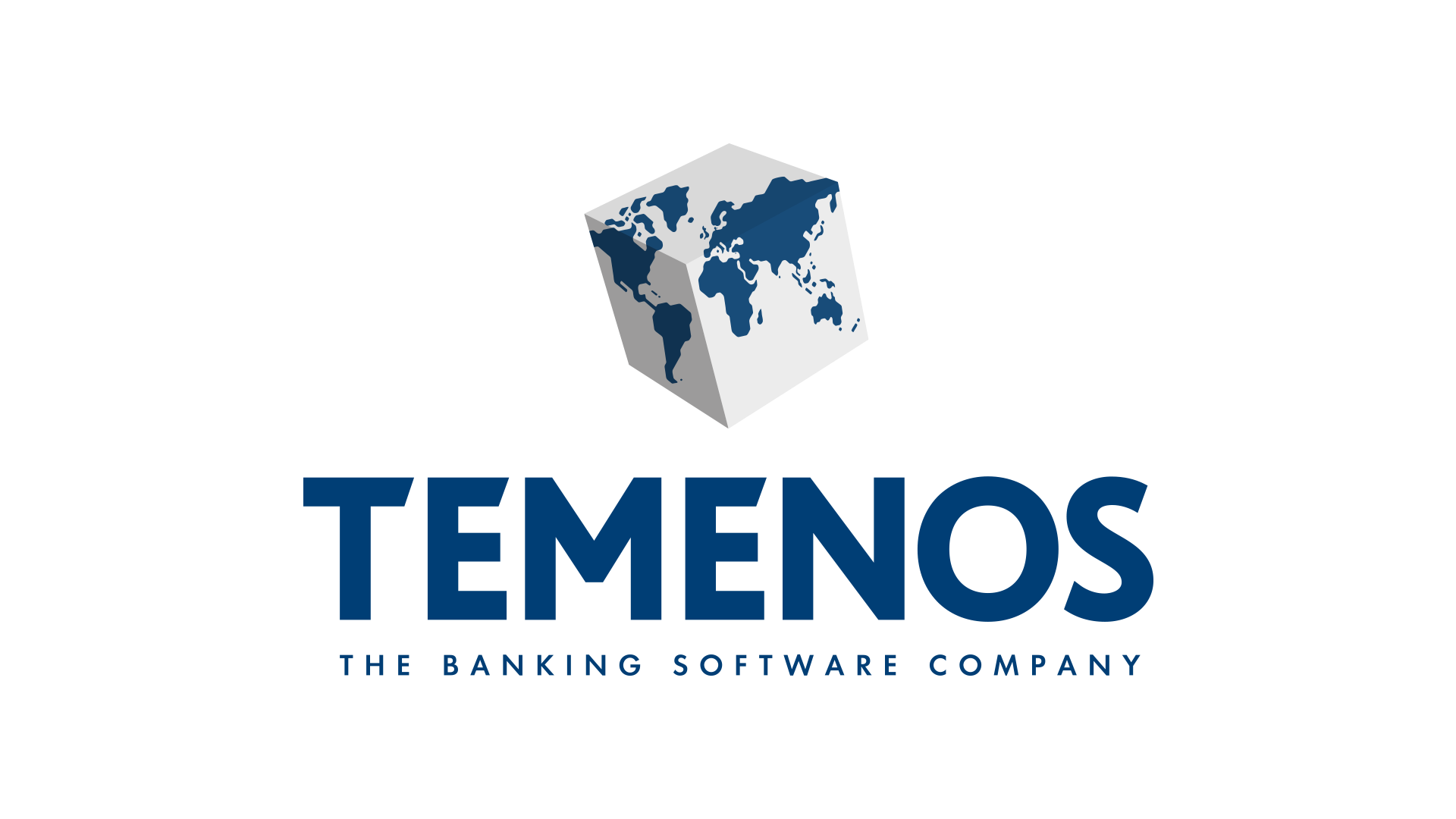
- Temenos edges the competition as the only vendor to achieve "best-in-class" status in the Aite Matrix Evaluation: US Digital Banking Engagement of Core Banking Providers 2021
- Temenos Infinity platform heralded for openness, fintech ecosystem, conversational banking, and a forward-looking approach to financial wellness
- Temenos scored the highest for three out of four categories: vendor stability, client strength, and product features
Temenos, the banking software company, today announced that Temenos Infinity has been awarded "best-in-class" (the highest rating) in the Aite Matrix Evaluation: US Digital Banking Solutions of Core Providers. Temenos edged out six others as the only "best-in-class" vendor in the report. In its analysis, Aite-Novarica (previously Aite Group) recognized Temenos Infinity for its openness, ecosystem of integrated fintech solutions, conversational banking capability, and a forward-looking approach to financial wellness.
Aite-Novarica evaluated the top seven core banking providers in the US that offer a digital banking solution. Out of all the vendors evaluated, Temenos scored the highest in three out of four categories: vendor stability, client strength, and product features, and was joint highest for client services.
Temenos Infinity is available to any financial institution regardless of the core system they have in place. The solution uses APIs to support multiple vendor cores, internally built systems, or Temenos Transact.
David Albertazzi, Director, Retail Banking & Payments Practice, Aite-Novarica Group, commented: "Temenos finished ahead of the competition, demonstrating a strong balance of both vendor strength and product performance. The Temenos Infinity digital banking platform is both feature-rich and UX strong, has the ability to deliver a seamless end-to-end digital journey through a platform approach that connects legacy and fintech partners, and has a more forward-looking vision on financial wellness tools that enables it to stand out from its peers."
Max Chuard, Chief Executive Officer, Temenos, said: "This is a proud achievement that reflects the powerful capability of the Temenos Infinity platform and our commitment to customer success. Temenos Infinity is the world's best-selling digital banking platform used by over 650 financial institutions, from global tier one banks to digital challengers. Today's consumers expect the same kind of responsive experience for their banking needs as they get from the likes of Amazon and Netflix. We are seeing an acceleration in adoption in the US market and with Temenos Infinity, these banks can fulfill their customers' ever-increasing demands for digital services faster and at lower costs."
Temenos Infinity leads the market with groundbreaking innovations, benefitting from Temenos' industry-leading levels of R&D - 20% of annual revenue, more than twice the level of industry competitors. In the last 12 months, Temenos launched Temenos Infinity Virtual COO, a digital solution enabled by Explainable AI that provides data-driven insights and helps banks power SME growth. The company also announced its Micro Apps architecture, making it easier for banks to quickly create personalized digital experiences to serve specific segments, like families or students.
With digitalization an imperative for banks, Temenos Infinity helps banks succeed and grow. It drives exceptional, personal customer experiences by combining digital technology with a human touch. Its advanced analytics drives customer acquisition and digital banking engagement, enabling financial institutions to increase digital revenues 5x and cut customer onboarding time by 75%. Financial institutions that use Temenos Infinity report a 20% higher Net Promoter Score.
Temenos was also recently named a leader in two key reports - The Forrester Wave™: Digital Banking Engagement Platforms and Digital Banking Engagement Hubs evaluations for Q3 2021.
Related News
- 08:00 am
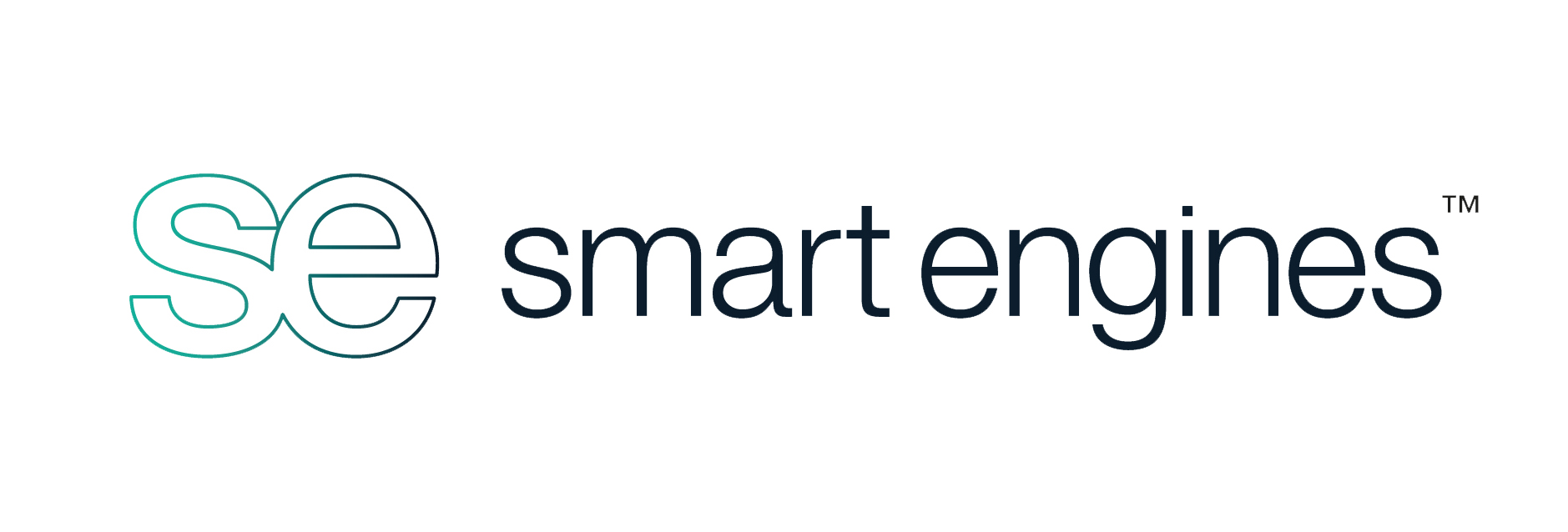
According to this Regulation, all EU electronic IDs must follow specific criteria in order to strengthen their security. Electronic ID cards have a QR code and embedded chips with biometric details. Smart Engines OCR understands new ID template types which follow the Regulation including residence permits, visas and ID cards of EU members Austria, Spain, Estonia, Finland, France, Greece, Croatia, Hungary, Italy, Lithuania, Luxembourg, Malta, The Netherlands, Portugal, Romania, Slovakia, Sweden, and Latvia.
The improved AI-driven Smart ID Engine has extended the number of supported documents to 1810 with the addition of 61 new subtypes. The number of supported unique templates increased to 2441. The solution works on-premise across servers, desktops, mobile devices and does not transmit customers data for processing to third-party services. Smart Engines software helps companies to comply with the security standard for personal data processing GDPR and satisfy the strict demands of regulators in terms of KYC/AML.
Related News
- 07:00 am

NXTsoft, the market leader in comprehensive, secure API connectivity for fintechs and financial institutions in the United Sates and London, UK-based Yapily (yapily.com), the leading European-based open banking infrastructure provider, today announced a partnership between the two companies that will enable each to expand its API reach and expertise to the other’s respective geographic area. This means NXTsoft’s API partners will now have the ability to connect with European financial institutions and Yapily’s European partners will have established API connectivity access to U.S-based financial institutions.
NXTsoft and Yapily are both industry leaders on the open banking forefront due to their expertise in API connectivity, and a partnership between the two significantly expands the connectivity potential for their fintech partners who want to integrate their services with financial institutions.
The open API solutions that NXTsoft and Yapily offer help to level the playing field between community banks and larger financial institutions. These APIs enable community financial institutions to quickly scale functionality to offer the myriad of digital services that consumers now demand. As such, this gives all consumers more choices of how and where they bank.
Because of the API technology developed by NXTsoft and Yapily, financial institutions are no longer at the mercy of their core providers, waiting potentially years before the connectivity is developed to a solution they want to utilize. Fintech companies are no longer burdened by core connectivity constraints. They can focus on development and enhancement of their flagship solutions and innovation instead of how to connect A to B.
“A NXTsoft and Yapily partnership is a homerun for NXTsoft as it significantly expands the financial market for which we can offer our partners entry,” said David Brasfield, CEO of NXTsoft. “We are excited to partner with a company like Yapily that understand the significance of open banking and the power of API connectivity” he said.
NXTsoft has been in the API marketspace for over 25 years and has over 1,000 financial institutions that currently utilize its secure open API solution OmniConnect to transmit data real-time between core systems and applications.
“As Yapily continues to grow and disrupt global financial infrastructure through our focus on open banking, a partnership with NXTsoft providing entry to the U.S. financial market is a huge step forward for us,” said Yapily CEO Stefano Vaccino. “Open banking infrastructure is fundamental to how data and payments move between organizations worldwide and Yapily and NXTsoft are poised to make that connectivity happen,” he said.
Yapily recently completed a second round of Series B funding totaling $51m and bringing its total investment to date to $69m.The company will use the funding to expand across Europe, extending open banking to cover 95% of the continent by the end of the year; and will continue to invest in its market-leading infrastructure to pave the way for open finance, creating financial inclusion for all.
Financial institutions have and enhanced ability to implement solutions that customers demand, consumers have more choices in how and where they bank and fintech providers can focus on the innovation and deployment of new solutions – in part due to the open API solutions and collaboration between NXTsoft and Yapily.
Related News
- 07:00 am
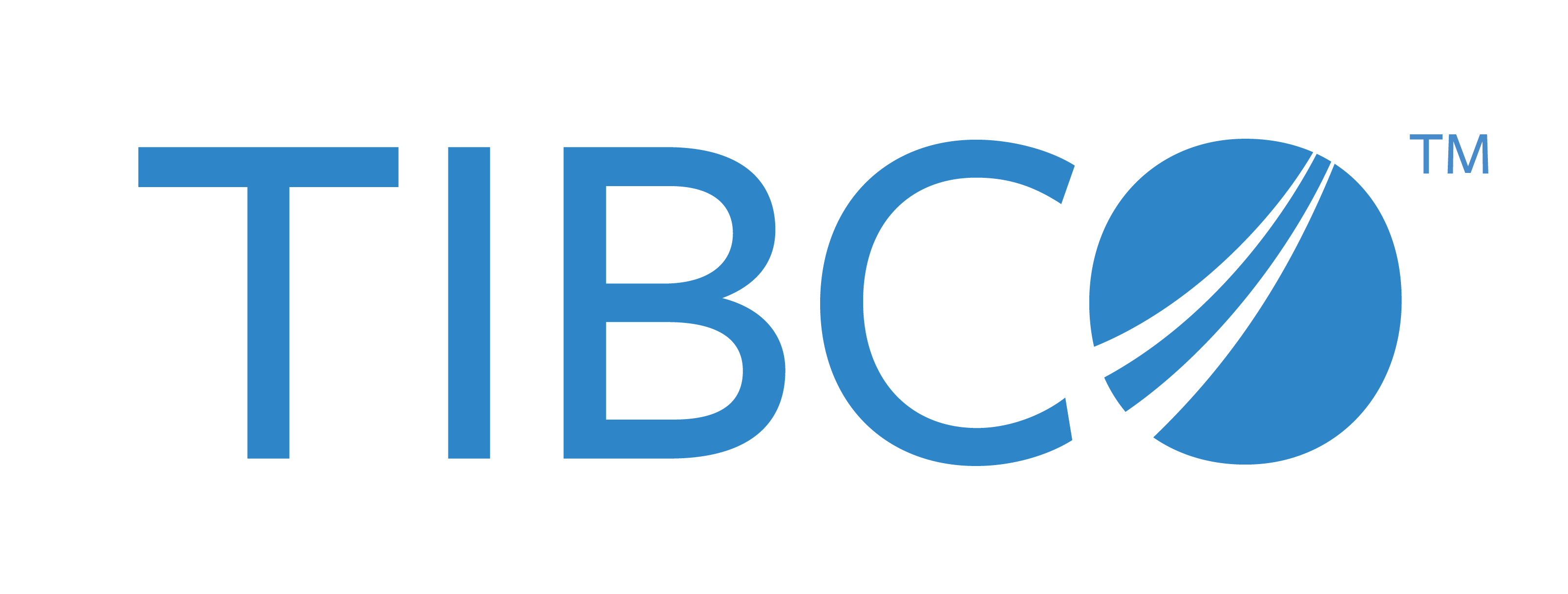
TIBCO has announced an evolution of its data quality capabilities into the new TIBCO DQ product family, along with key enhancements to TIBCO® Data Virtualization and TIBCO EBX® within the Unify portfolio. These announcements address organisations’ data management challenges head-on, empowering the business to assemble an agile data fabric, unrestricted by siloed data, on any cloud platform.
“An agile data fabric democratises corporate data in a way that’s easily accessible, automated, and augmented with AI,” said Mark Palmer, senior vice president, engineering, TIBCO. “Our recent innovations include smart matching for master data management, automated data quality that intuitively corrects errors before they impact decision-making, and processing streaming data as part of the next-generation of real-time digital business. Data insights only matter if they’re based on pure, secure, trusted, real-time information.”
TIBCO DQ will become the new data quality product family, significantly enhancing current capabilities available throughout the entire TIBCO data fabric, with built-in artificial intelligence and machine learning to automate quality detection, monitoring, and anomaly resolution. Data quality monitoring capabilities assist data engineers in overseeing data quality across all sources, as well as supporting automated remediation and fully audited business user-centric workflows. Cloud-native container support and SaaS offerings help customers deploy data quality in any public cloud, private cloud, or on-premises.
Enhancements to the portfolio also include TIBCO EBX productivity innovations, including low-code scripting and a streamlined configuration, smart match and merge of data processes, and extended integration with new development APIs. Now, the breadth of supported use cases expands with a new data processing engine, which supports rapid processing of large volumes of data. The continued evolution of EBX® is central to improving master data management, a critical and central part of agile data fabrics.
TIBCO Data Virtualization upgrades make virtualised data more easily accessible in the cloud and on-premises. With one-click search of the virtualised data catalog, any business user can discover and access data in seconds. In addition, the new TIBCO Data Virtualization workbench empowers citizen data engineers to prepare and transform data with an agile, web-based, low-code user experience, enabling faster, smarter decisions.
“Evolving our business in a healthcare environment puts additional pressure on data management practices. When your stakeholders demand data at the speed of business, efficiency across sources, quality, and consistency is key,” said Katie McDonald, senior director, data management, Change Healthcare. “Partnering with TIBCO, we streamlined data sharing across our organisation, deploying advanced data management solutions that transformed how we interact with and consume data from multiple sources. This allowed us to democratise data in the business and bring transparency to our data management operations.”
Announced in the Unify track of TIBCO NOW™2021, these data solutions combine to create, manage, and provide data quality assurance for an organisation’s data fabric. When used together, users derive the full value of the TIBCO “better together” strategy and fundamentally change the face of data management.
Related News
- 03:00 am

New digital payment trends are ushering in the dawn of a cashless future – and a more inclusive financial landscape.
South African e-commerce saw unprecedented advancement last year, outpacing all estimates with a growth spurt of 66%, according to a study by tech research giant World Wide Worx. And, with that, payment technology grew in leaps and bounds, says Andrew Springate, CEO of tech and financial gateway service provider PAYM8. “South Africans resisted digital payments in the past because the existing system was so well-entrenched – familiarity, after all, breeds trust. But the pandemic meant more people stayed home and avoided physical retail spaces. Necessity prevailed and they embraced e-commerce, becoming more comfortable with digital payments and financial services.”
And things will never be the same again. “The acceptance of digital transactions will be a permanent shift after the pandemic – it’s safer, contactless and more convenient. We’ve seen mainstream institutions and traditional banks accelerating their digital offering, and the race is on to push forward with innovation.”
Payment trends to come
While cash is still the preferred payment method for the majority of South Africans, digital payments are booming, says Springate. “With the increase in online sales, we’re seeing greater uptake of mobile, QR and contactless payments as well as pre-authorised debit order payments (known as DebiCheck, where debit orders must be authorised by the debtor before processing). We’re inching our way towards a cashless economy – PwC’s Payments 2025 & Beyond report, published this year, says global cashless payment volumes are set to almost double from 2020 to 2025, and triple by 2030.”
The use of social media as a carrier for mobile payment transactions will be especially popular in South Africa, where WhatsApp dominates as the most popular app with 23 million users, according to the latest Statista estimates.
Next year will also likely see the launch of South Africa’s Rapid Payment Programme (RPP), which will allow people to make real-time bank account-to-account payments using an identifier like a cell phone number or email address, without having to wait for the funds to clear.
“Though the pandemic accelerated the digital shift, other reasons will give it staying power in the local landscape. Digital’s contactless nature allows for faster payments and reduced queues – with zero pin exposure or cash-related security risk at checkout. QR code accuracy is also vastly improving.
“When it comes to DebiCheck, consumers were in near-uproar that banks, the custodians of their money, weren’t participating in securing debit orders when abuse of the EFT ecosystem has been such a significant concern in South Africa. DebiCheck preauthorisation will soon be the norm.
“Lastly, but by no means least significant, the ability of messaging platforms like WhatsApp to offer in-app purchasing is making the buying process seamless, with customers no longer requiring a re-direct to a web site to complete a payment,” explains Springate.
Towards an inclusive future
Fintech companies are setting the trends in the race to the digital, cashless future. “Non-bank payment providers are often able to adapt faster to specific customer needs rather than trying to be everything to everyone as banks tend to do,” says Springate. PAYM8, for example, is leading the race in DebiCheck implementation, Enhanced Debit Orders (EnDO), and WhatsApp payments. “DebiCheck will completely replace EDO (AEDO & NAEDO) from 1 November 2021, causing a significant change in the payments collections industry.”
Still, there will likely be some challenges along the way, he adds. “There will be early adopter challenges, while trust in new payment channels is not a given and has to be earned. None of these new solutions will be without regulatory involvement either, with the majority driven by the South African Reserve Bank and Payments Industry Management Body.”
Of course, regulation is essential, and will drive vaster change among South Africa’s diverse population and rural/urban landscape. “Including the unbanked or underbanked and increasing competition amongst financial services providers will be critical to the economic growth the country needs. This financial inclusion will be driven by mobile devices and access to affordable, convenient payment mechanisms, according to the PwC report, with mobile leading the way in the cashless transformation.
“Though any change comes with its challenges, the drive towards a cashless future will form part of the road to inclusivity – and a more equal country.”
Related News
- 04:00 am
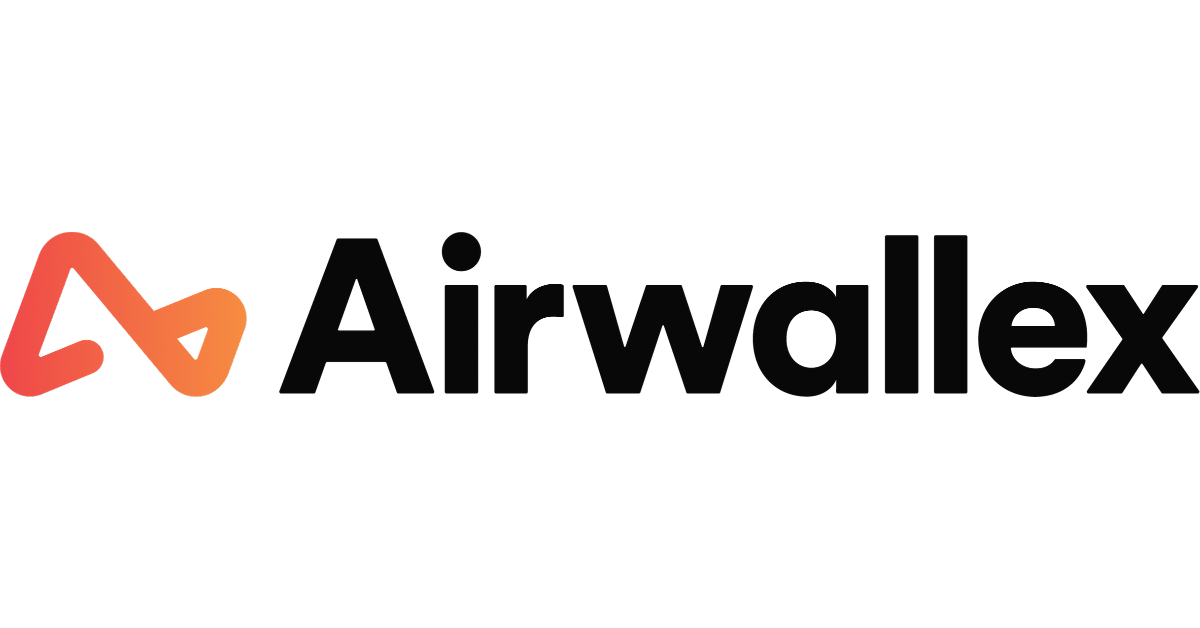
Airwallex, one of the fastest growing global fintech platforms, today announced two senior appointments to support the significant expansion across its business as the company extends its global footprint.
Collectively, these senior executives bring close to four decades of multinational HR and finance expertise, further bolstering Airwallex’s global executive team.
These key appointments follow a period of record business growth for Airwallex since reaching unicorn status in 2019. Recently, the company announced its US$200 million Series E fundraising round, valuing the company at US$4 billion.
The senior hires are:
Joanne Chin, SVP Global Head of People and Talent: Former Chief People Officer at Kraft Heinz Asia Pacific, Joanne joined Airwallex as Global Head of People and Talent based in Melbourne. In this new role, Joanne will spearhead Airwallex’s global HR team to help strengthen the company’s culture and values and build a strong employer brand to attract, retain and develop its growing workforce. Joanne has also worked at global companies such as Google and Waymo in London and San Francisco. Joanne started her career as a corporate lawyer for five years before moving into HR.
David Bicknell, Global SVP Finance: After managing a large international finance team at Facebook, David recently returned to Melbourne after seven years in San Francisco to take the helm of Airwallex’s global finance division. At Airwallex, David will oversee Airwallex’s financial planning, and provide strategic and financial advice to the executive team. Prior to Facebook, David held finance leadership roles at Twitter and Intuit, supporting engineering and product teams. David started his career in the investment banking division at Macquarie, where he worked for nine years.
“I am delighted to welcome Joanne and David to our global executive team. Both bring invaluable experience and expertise to support Airwallex’s accelerated growth and innovation across the entire business,” said Jack Zhang, Co-founder and CEO at Airwallex.
“With our rapid global expansion, investing in our people and culture as well as driving business efficiencies is important to our continued success. These are exciting times for us at Airwallex, and I am confident our new senior hires will create an immediate and lasting impact in our business and for our people.”
Airwallex has nearly doubled its headcount in 2021 and employs almost 1,000 employees today in over 20 locations globally. The company has invested in building breadth and depth in its global executive team with recent high-profile executive appointments of its Chief Legal, Compliance and Risk Officer, SVP Brand, Communications and Partnerships, and GM of EMEA.









